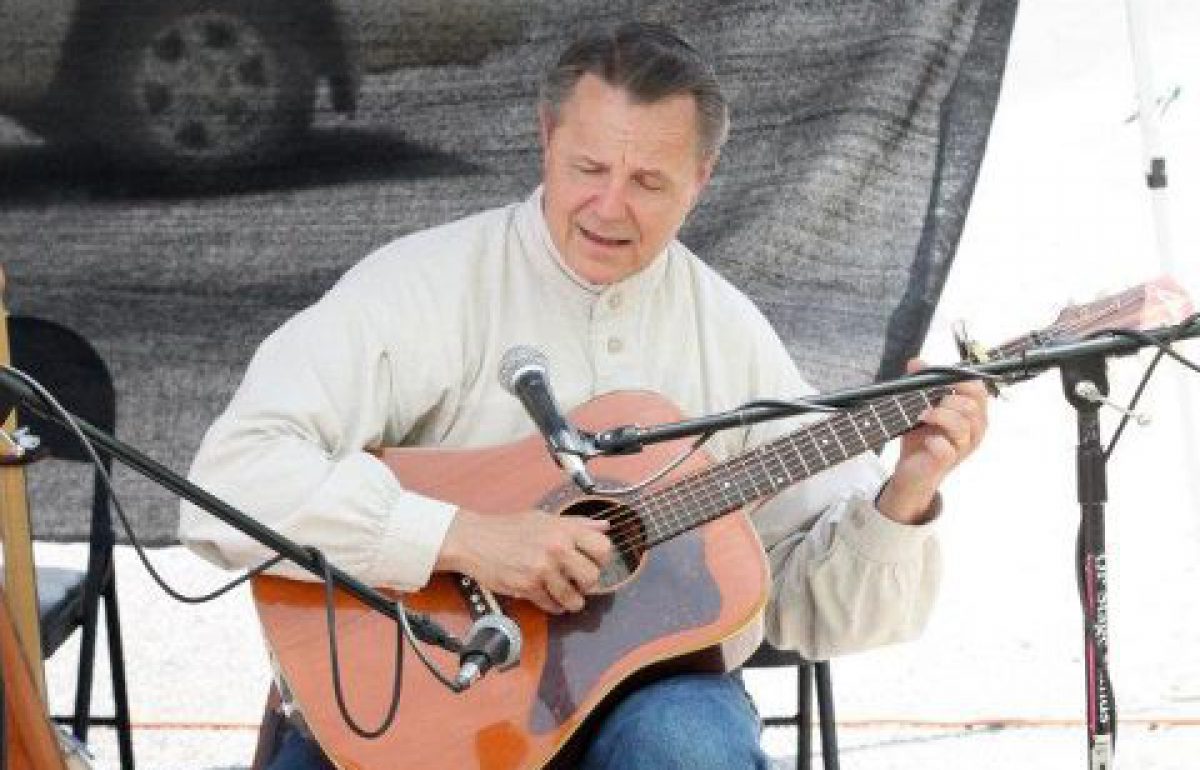The idea that we have moved into participatory culture has attracted the attention of social scientists for about ten years. For instance, the Massachusetts Institute of Technology housed the foremost thinker and writer in the area, Henry Jenkins, who was the director of their Comparative Media Studies Program until his recent move to the University of Southern California. The John D. and Catherine T. MacArthur Foundation has poured $50 millions into the topic. Microsoft is currently researching and reporting on the topic, and participatory culture has become something of a buzzword within such fields as education, library science, and political activism.
And yet, for all that, it has not attracted much attention in Christian literature. The closest thing to it has been occasional references in the emerging church movement to participatory music and worship, actually ancient ideas. Furthermore, the emergent movement self-consicously sought to adapt the church to the postmodern culture; but Ryan Bolger, Associate Professor of Church in Contemporary Culture at Fuller, has opined that participatory culture is actually the next stage after postmodernism. So even the emergers don’t recognize the scope of the changes.
For Christians to take a closer look at participatory culture will have two specific values. The first one is obvious: a correct understanding of a culture is an essential element to effective communication and ministry. The second value is a little less obvious: since this cultural trend is so effective at garnering participation, what can it teach Christian ministries who need more participation?
Definition
To introduce the idea of participatory culture, I will relate an example from media scholar Henry Jenkins:
Ashley Richardson (Jenkins, 2004b) was a middle-schooler when she ran for president of Alphaville. She wanted to control a government that had more than 100 volunteer workers and that made policies that affected thousands of people. She debated her opponent on National Public Radio. She found herself in the center of a debate about the nature of citizenship, about how to ensure honest elections, and about the future of democracy in a digital age. Alphaville is the largest city in the popular multiplayer game, The Sims Online. (Found here.)
A generation has arisen that understands itself not only to be a consumer of media content, but also a creator. Through blogging, Facebooking, multiplayer gaming, YouTubing, and various other online activities, a culture of participation has become their natural way of thinking and living. Jenkins (p.7) defines a participatory culture as one:
- With relatively low barriers to artistic expression and civic engagement
- With strong support for creating and sharing one’s creations with others
- With some type of informal mentorship whereby what is known by the most experienced is passed along to novices
- Where members believe that their contributions matter
- Where members feel some degree of social connection with one another (at the least they care what other people think about what they have created).
Facebook immediately comes to mind as a setting where these things are true, but it is only one in a sea of others.
What has Changed?
“Participation” is nothing new, especially in church life. The Protestant Reformation emphasized that worship was for participants rather than spectators. The black church in America developed a style of worship often described as “call and response,” which expressed an African cultural tradition of participatory communication (See Sundermeier, The Individual and Community in African Traditional Religions, 49-50). The Charismatic Movement highlighted the New Testament teachings regarding every member’s responsibility to identify his spiritual gifts and to use them in ministry.
The new culture, though, has lifted participation to a new level, primarily for three reasons:
- Lowered cost. The cost of internet access, computers, and recording devices is near zero in many cases, cheap in most others.
- Mentorship. Abundant help from around the globe awaits any inquirer who wants to participate in something.
- Audience. Anything offered up has hundreds of millions of potential viewers, so there’s a good chance of attracting a few who express appreciation and feed the ego.
The effects of this culture change have been profound. Jenkins reported, “According to the Pew Center for Internet and American Life, more than sixty percent of American teens have produced media, and a significant portion have distributed that media content online.” Most of those who were teens then are adults now.
Free Software as an Example
The participatory culture is not limited to kids uploading photos to their Facebook pages. There is a comparatively little-known movement called FOSS, which stands for “free/open source software,” which marshals the labor of thousands of volunteers to provide computer software at little or (usually) no cost to the end user.
The biggest entity in this movement is Ubuntu, which is one “distribution” (or variant) of the GNU/Linux operating system. After Microsoft and Apple, Ubuntu is the most widely used desktop operating system in the world. It boasts 20 million users and a goal of 200 million by the end of 2016.
According to their web site, Ubuntu is the product of “thousands of individuals and teams” who work on software development, design, bug stomping, local community groups (LoCo teams), language translation, documentation, testing, support to new users, and the Brainstorm website (“Anyone can suggest new ideas and the community votes on which ideas are the most important”).
The sponsoring organization, Canonical, holds an Ubuntu Developer Summit annually (the last one was in Copenhagen a couple of weeks ago) that sees participation not only in person, but also via IRC, live streaming, and microblogging. Participants work together worldwide using a collaborative text editor called “etherpad.”
Understanding
Whence the desire on the part of so many to contribute so much? A number of scientific studies have been made and the motives are found to be understandably diverse; but, broadly speaking, the majority fall into the category of wanting to contribute to something good.
As we seek to increase participation among those to whom we minister, there is a temptation to consider original sin insurmountable and recalcitrance to be incorrigible. Yet here we see a remarkable level of self-giving among a class of humanity with no identifiable Christian commitment.
If we refer back to the earlier bullet points, we can see how such participation reflects Jenkins’s description of a participatory culture. Summarized, we can say that this is how people, as people, behave under given circumstances.
Conclusion
If indeed our younger people have grown up in a participatory culture, we should expect a certain impatience on their part with a church structure whose inner workings has high barriers to entry, a paucity of readily available mentorship, or precious little feedback when attempts at participation are made. It may be that technology can be incorporated in adaptation to culture, but the issue is deeper than that. Although the tech revolution has given us this culture shift, the motives for participation are greater than just the desire to play with toys. Tech itself is very often a distraction more than a help, but understanding the participatory culture and fostering it in whatever ways may be found effective bids fair to unleash a torrent of creative power for the work of Christ.


